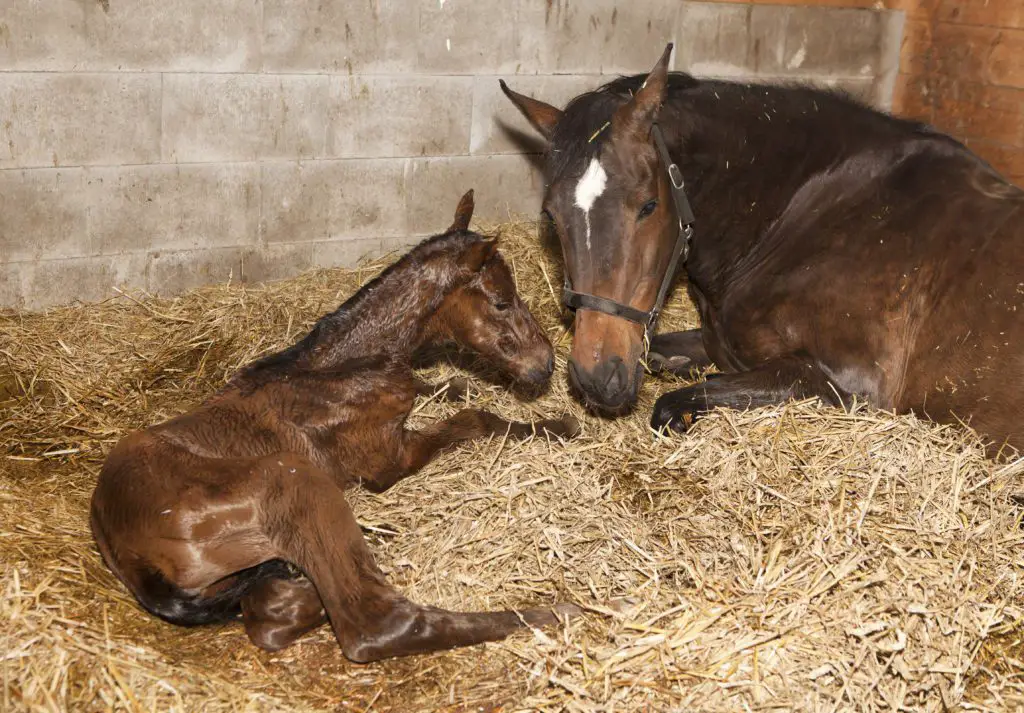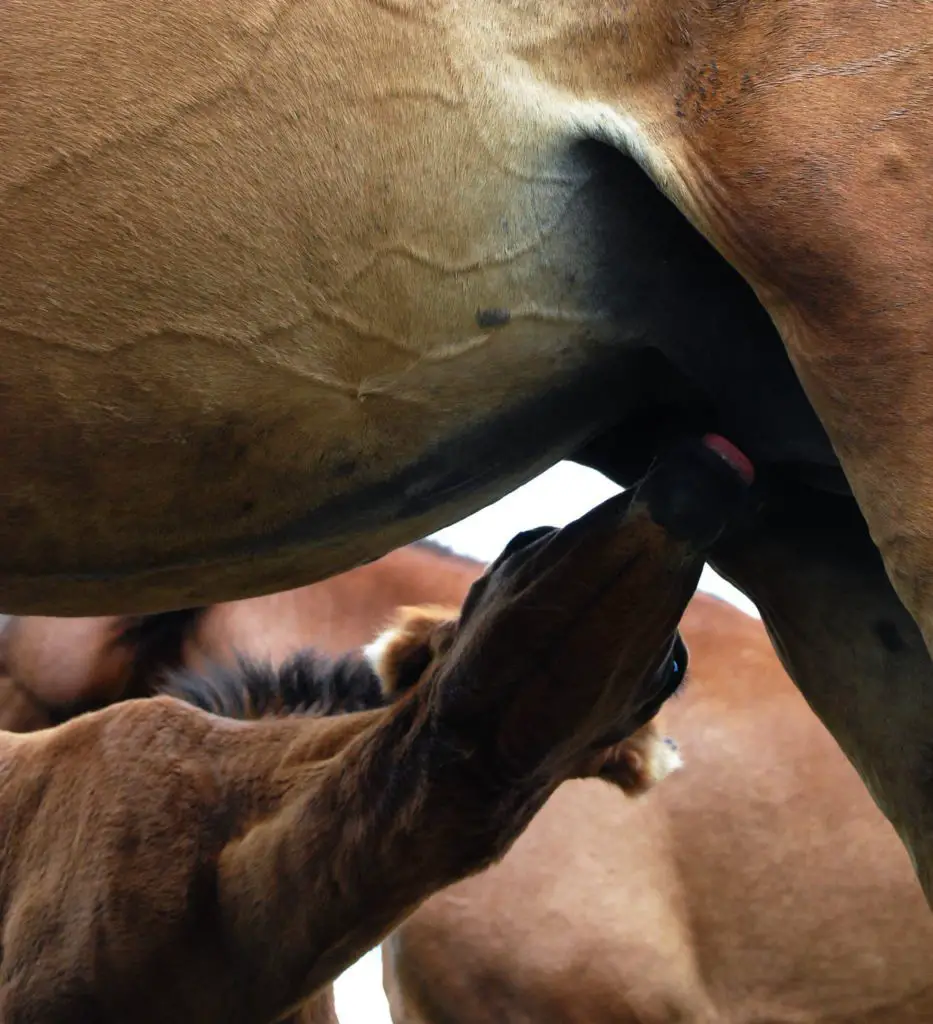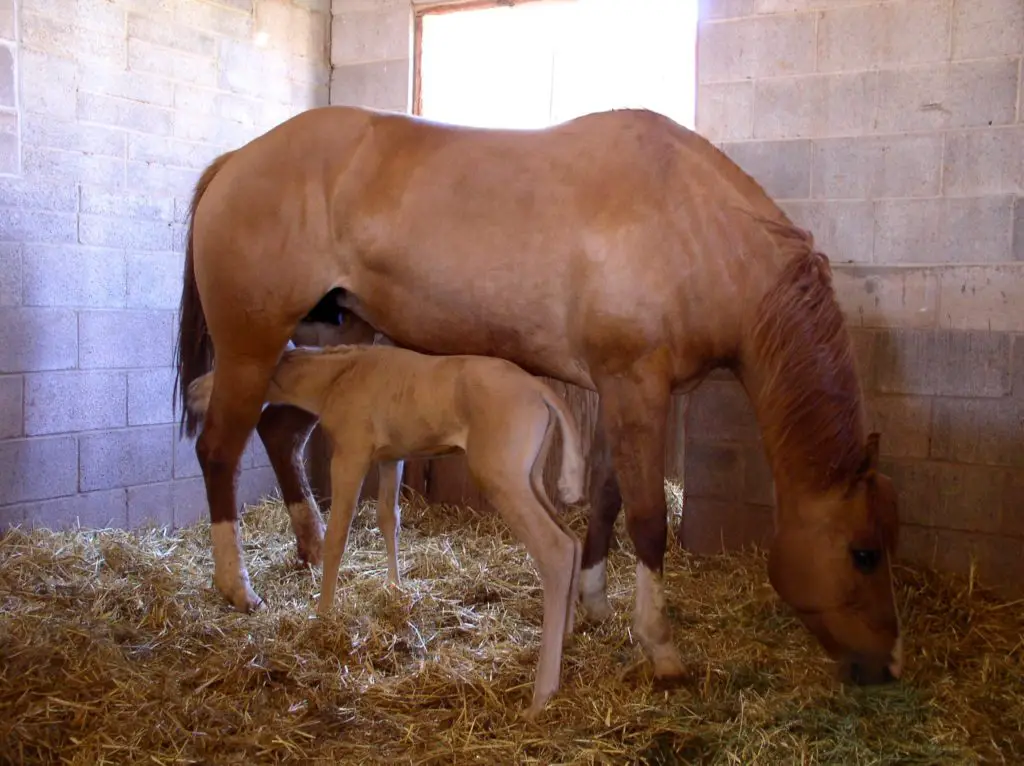What Does Meconium Look Like and When Should My Foal Pass It?
As a horse owner, it is important to ensure that your foal is healthy and happy. One of the things that new horse owners may be curious about is when their foal should pass the meconium, and what it looks like. The meconium is the first fecal movement that a foal passes, and it is […]
What Does Meconium Look Like and When Should My Foal Pass It? Read More »










